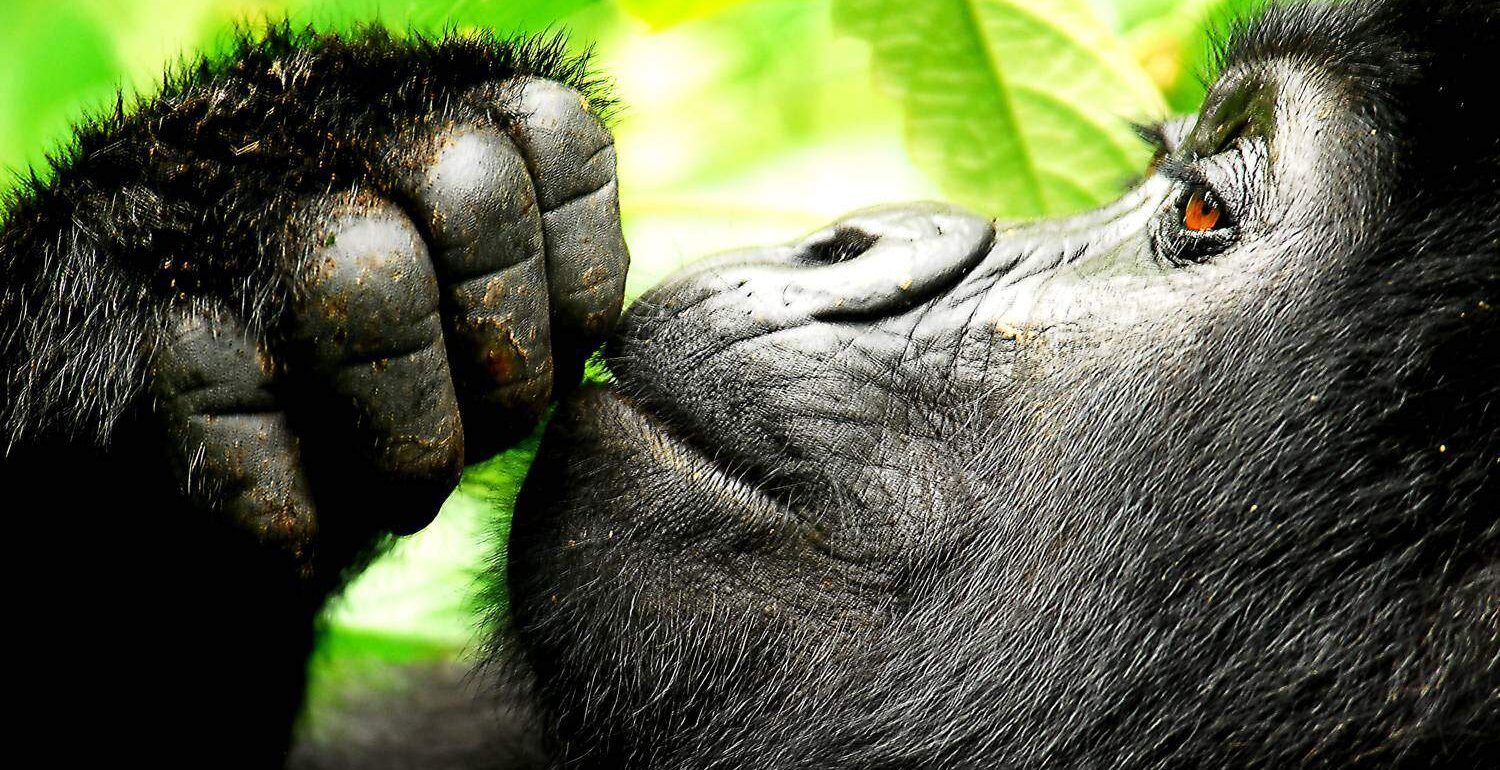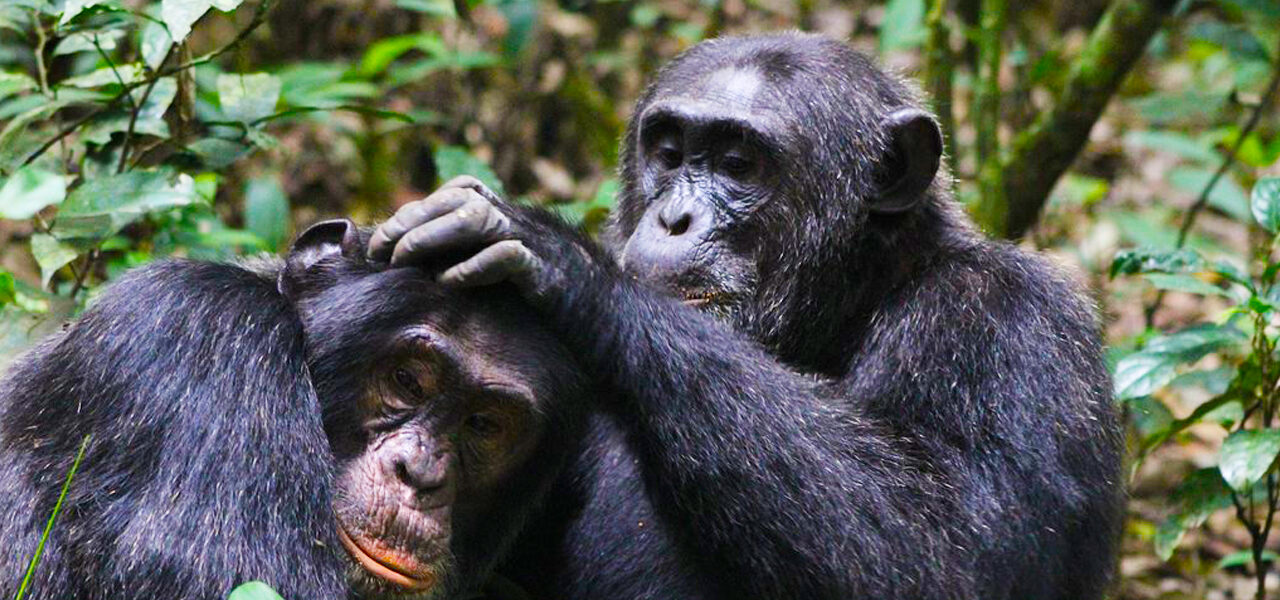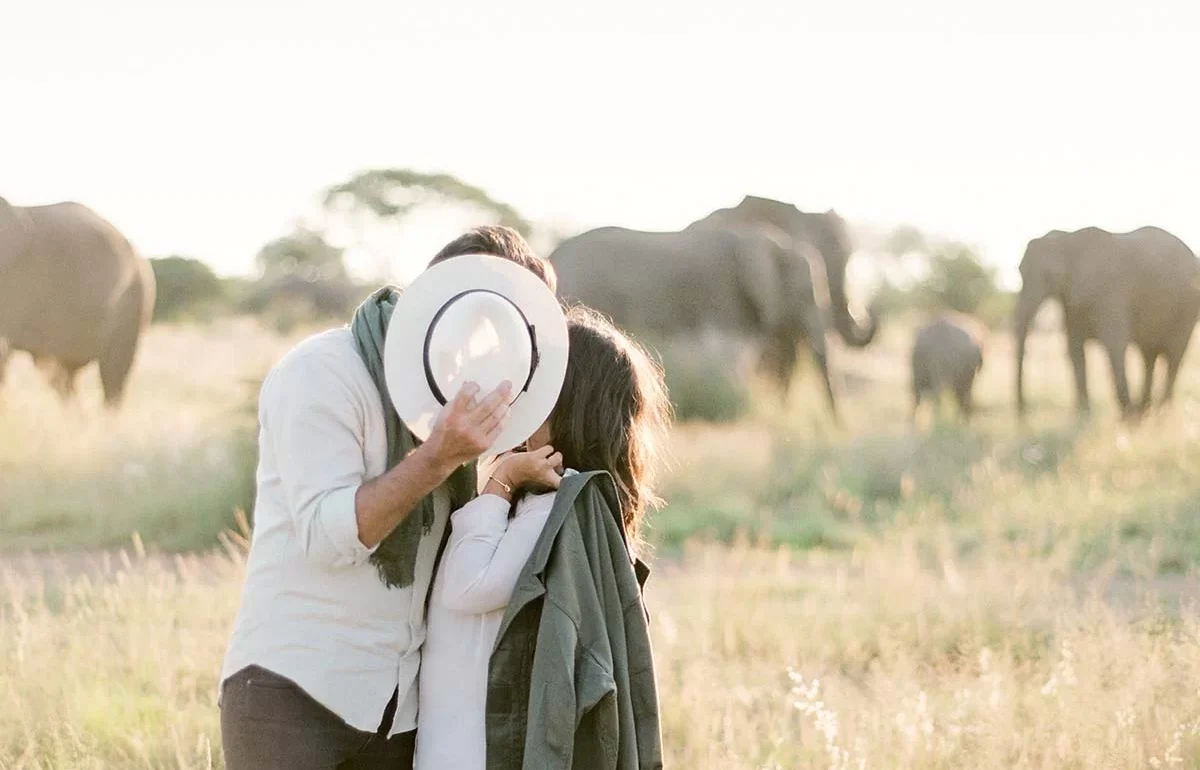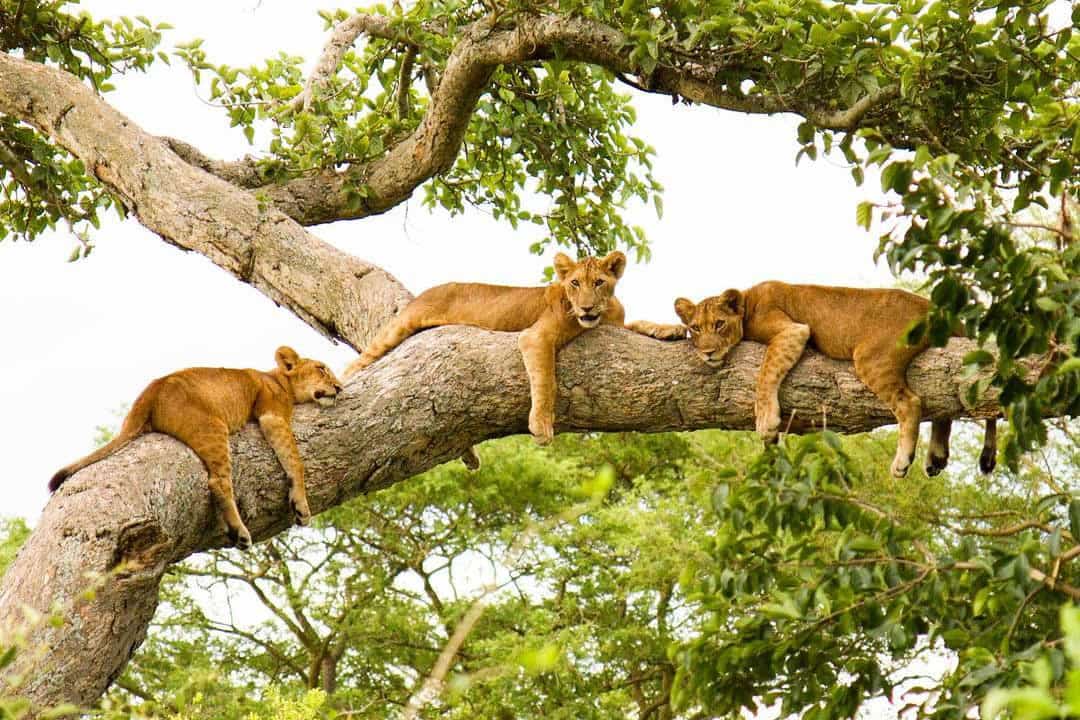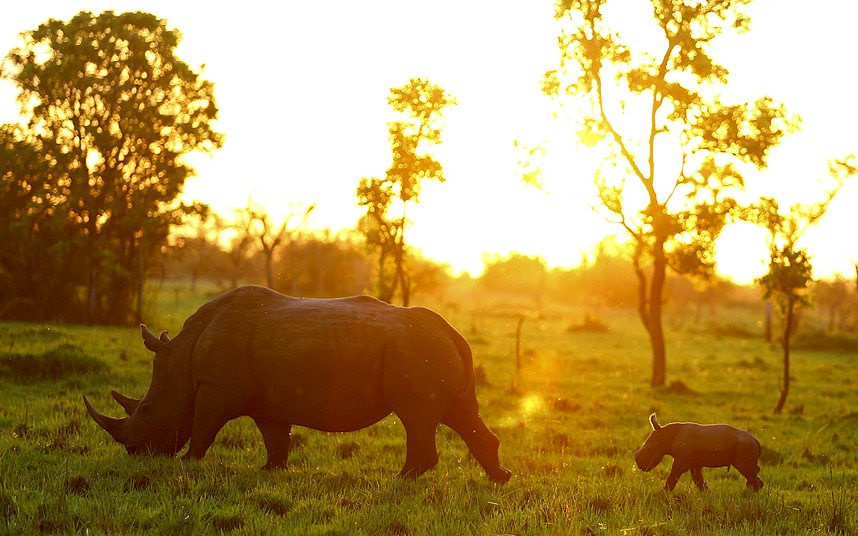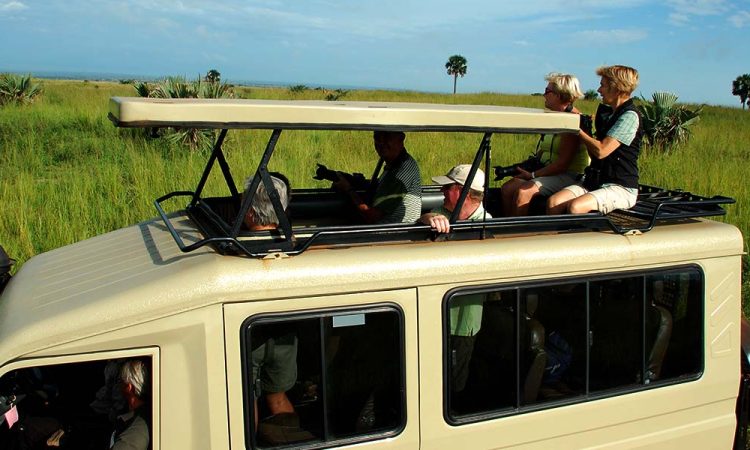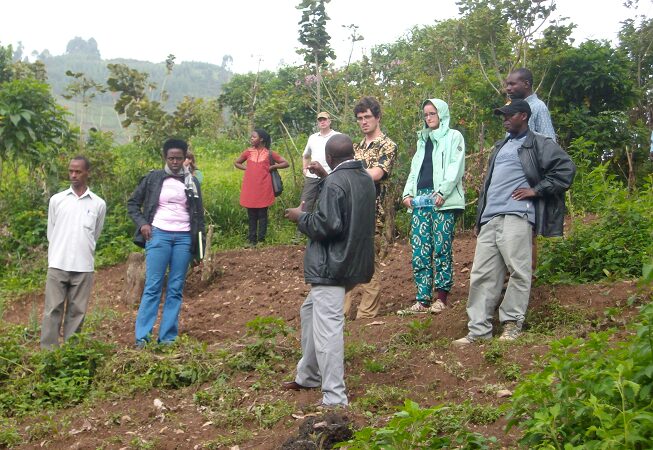Chimpanzee habituation in Uganda is primarily carried out in Kibale Forest National Park, which is often referred to as the primate capital of Africa. Nestled in the western part of Uganda, this enchanting rainforest stretches over 760 square kilometers and is home to an astonishing array of wildlife, including 13 different primate species. The park boasts the highest density of chimpanzees in East Africa, making it the most reliable and rewarding location for a habituation experience.
In Kibale, visitors are guided into the forest by trained rangers and researchers, who lead them to chimpanzee communities undergoing habituation. The forest itself is a treasure trove of biodiversity, with towering mahoganies and fig trees forming a lush canopy, beneath which butterflies, birds, and small mammals thrive. Walking into its heart feels like entering a natural cathedral, where the air is heavy with the sounds of chattering monkeys, buzzing insects, and the distant calls of chimpanzees.
While Kibale is the most renowned site for this activity, opportunities also exist in the Budongo Forest Reserve near Murchison Falls National Park. Budongo, with its ancient mahogany trees and rich ecosystems, offers a slightly different but equally rewarding experience, though it is less frequented and therefore feels more secluded. Both sites provide excellent chances to spend extended hours with chimpanzees and witness their interactions in a natural setting.


